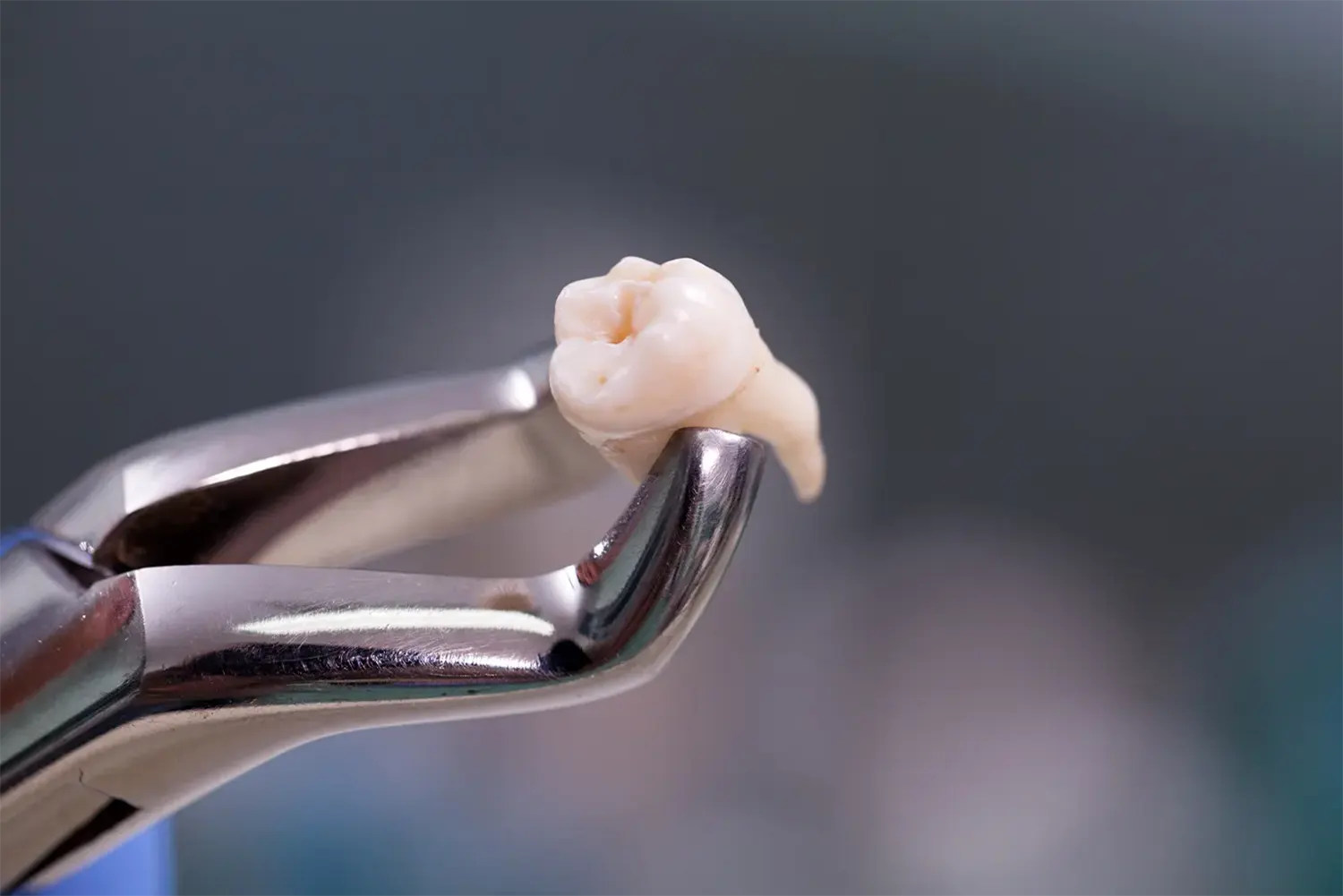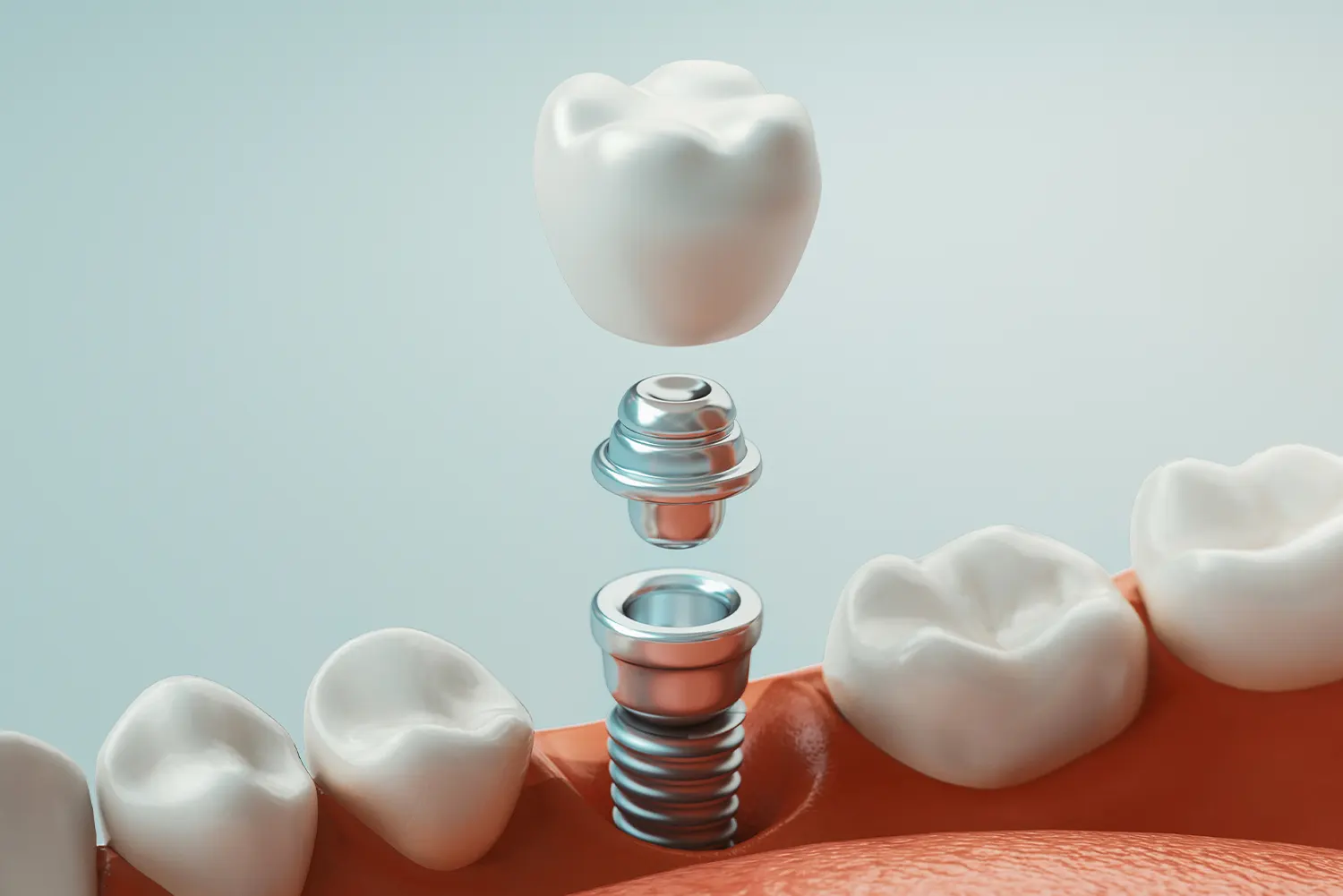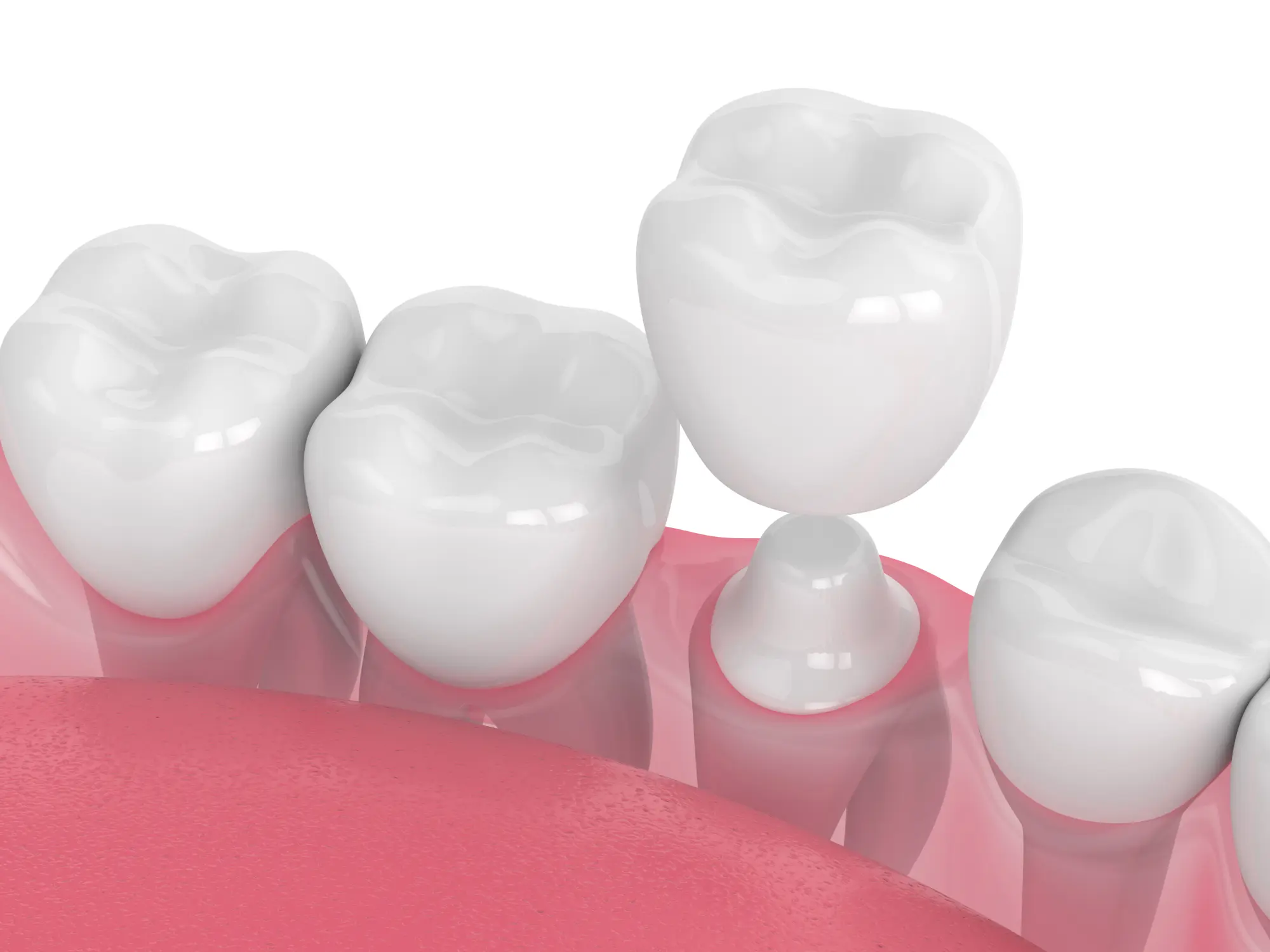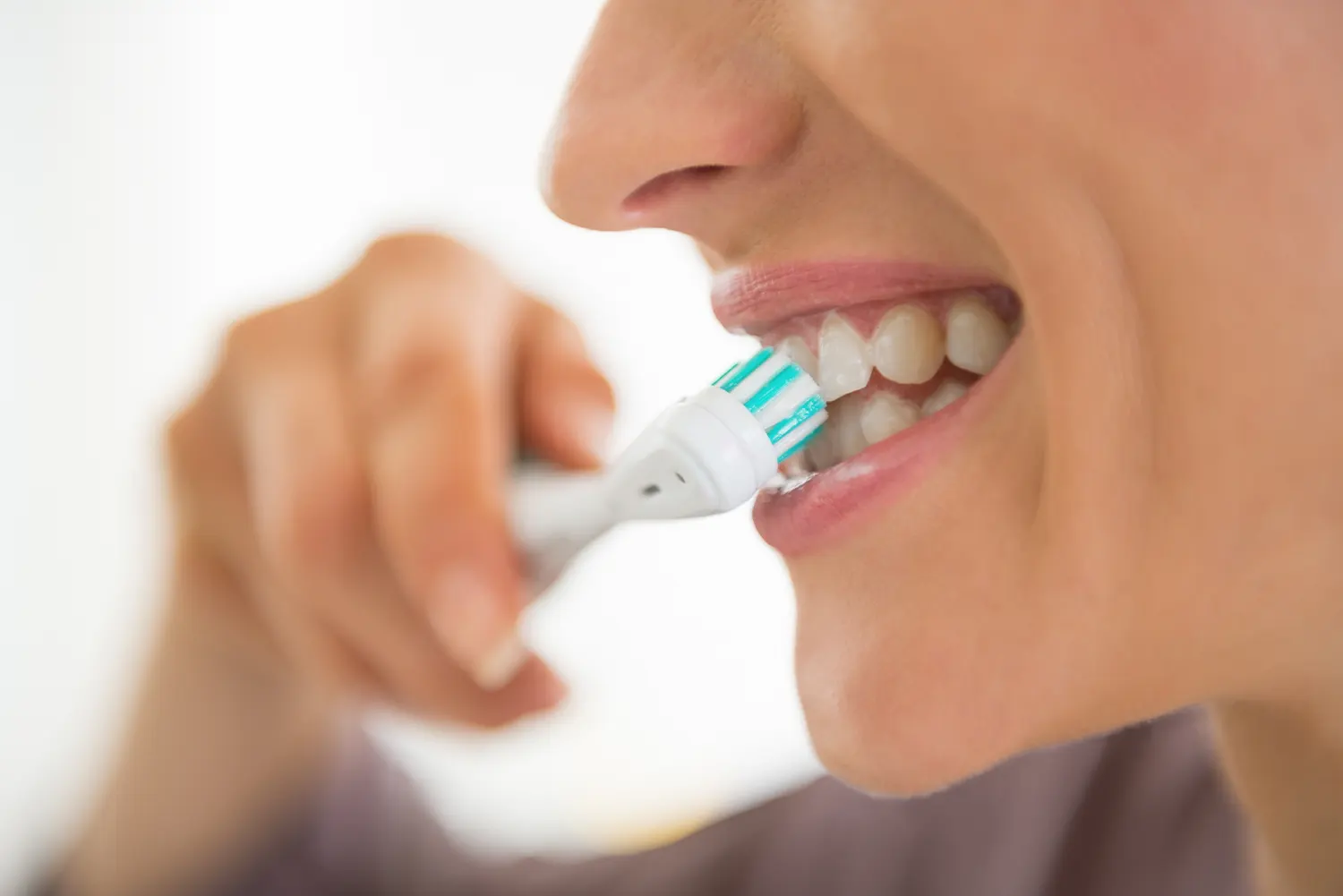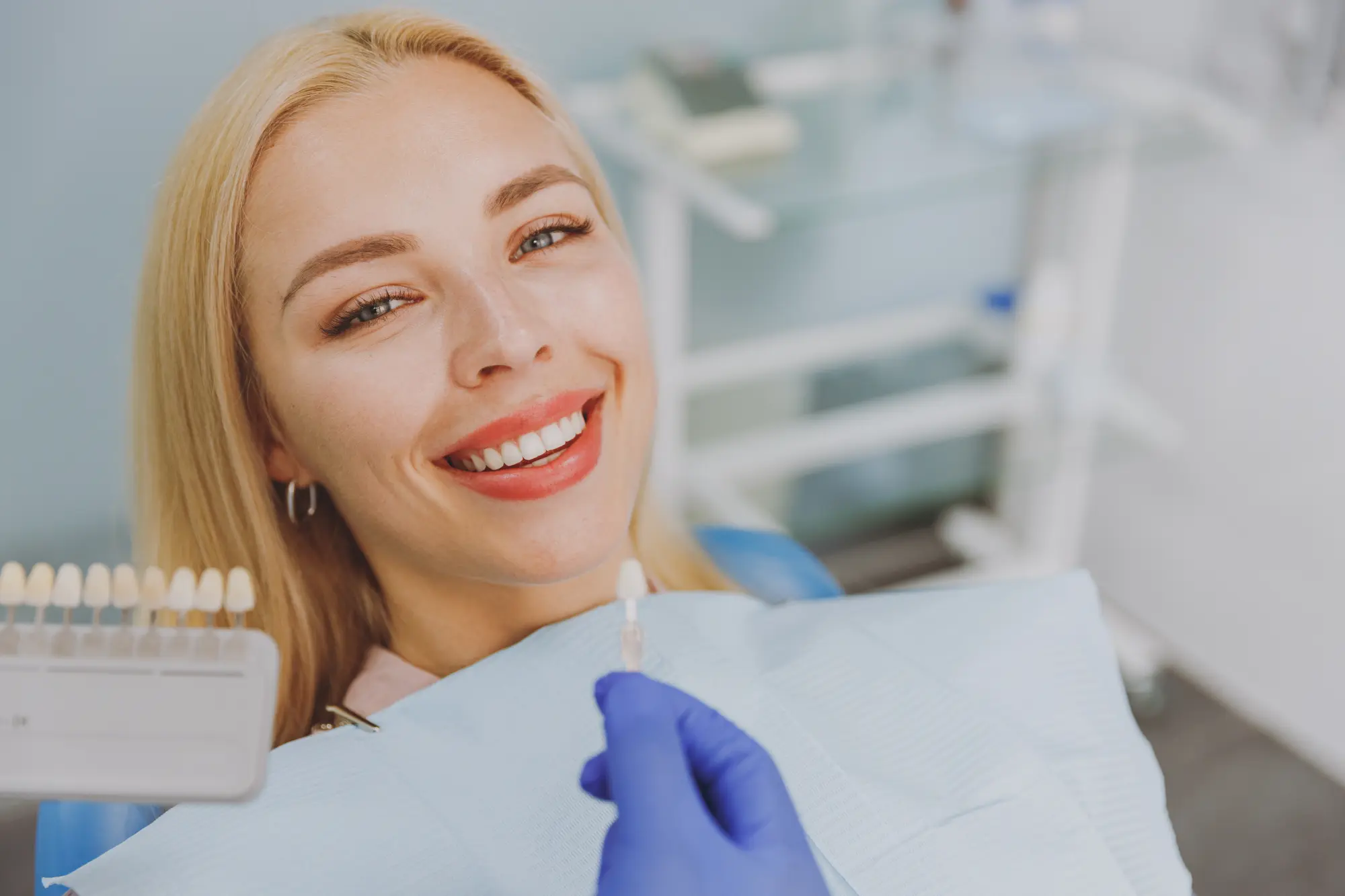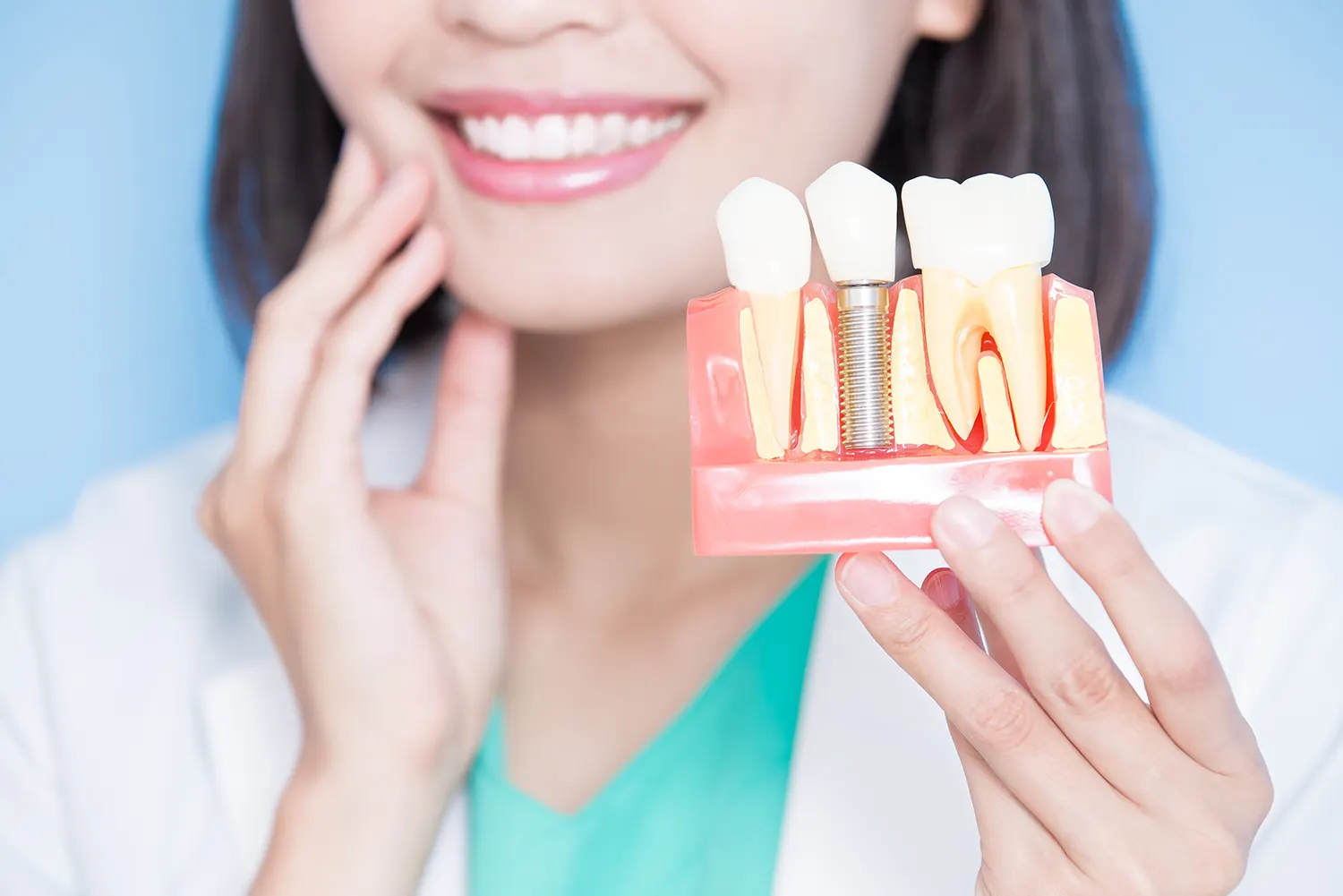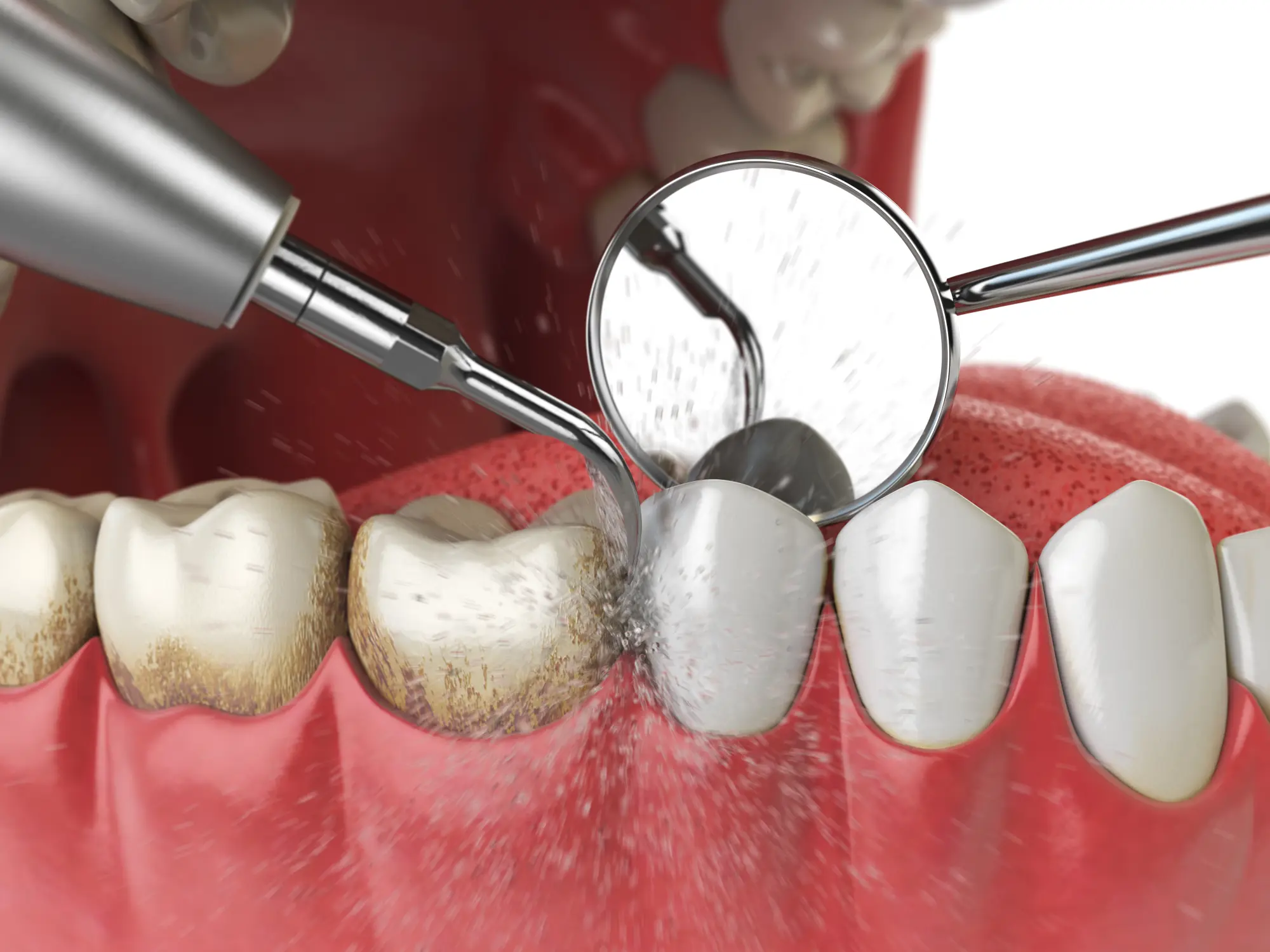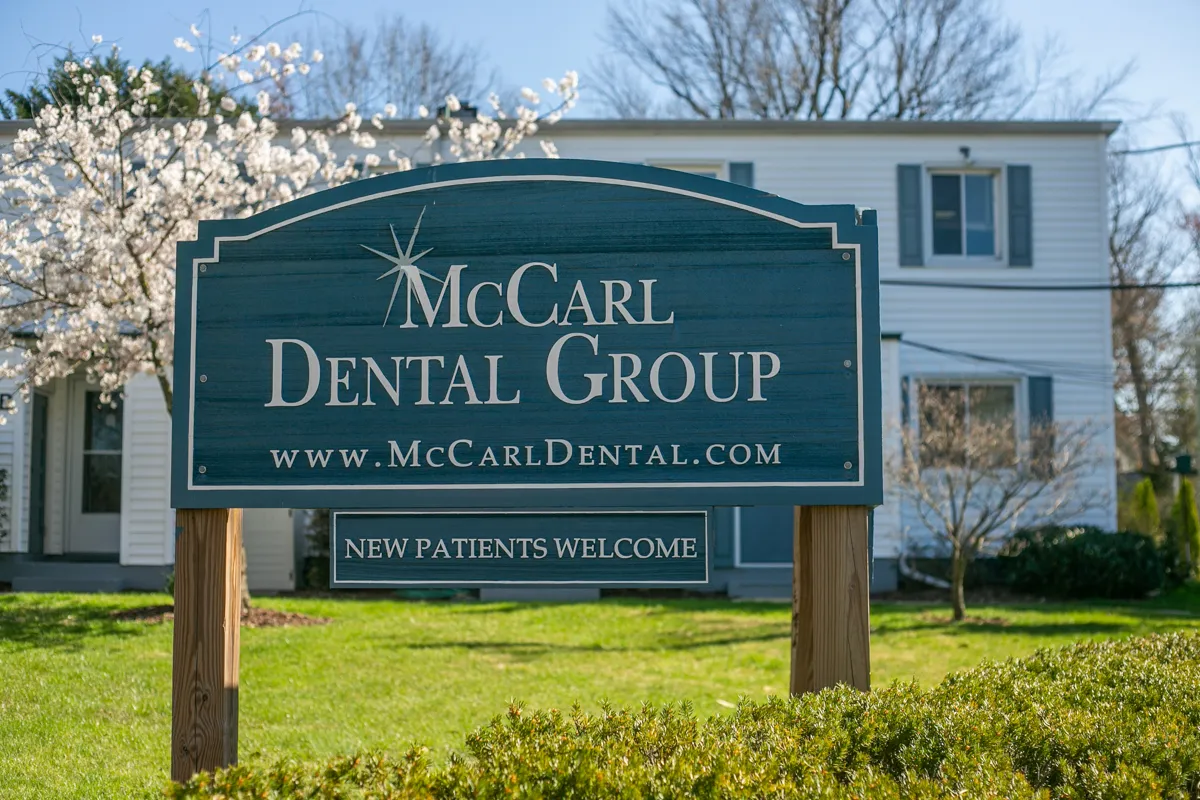The Blog
We believe informed patients make better decisions about their oral health, so we're committed to providing valuable content that's easy to understand and apply to your daily life.
We believe informed patients make better decisions about their oral health, so we're committed to providing valuable content that's easy to understand and apply to your daily life.


